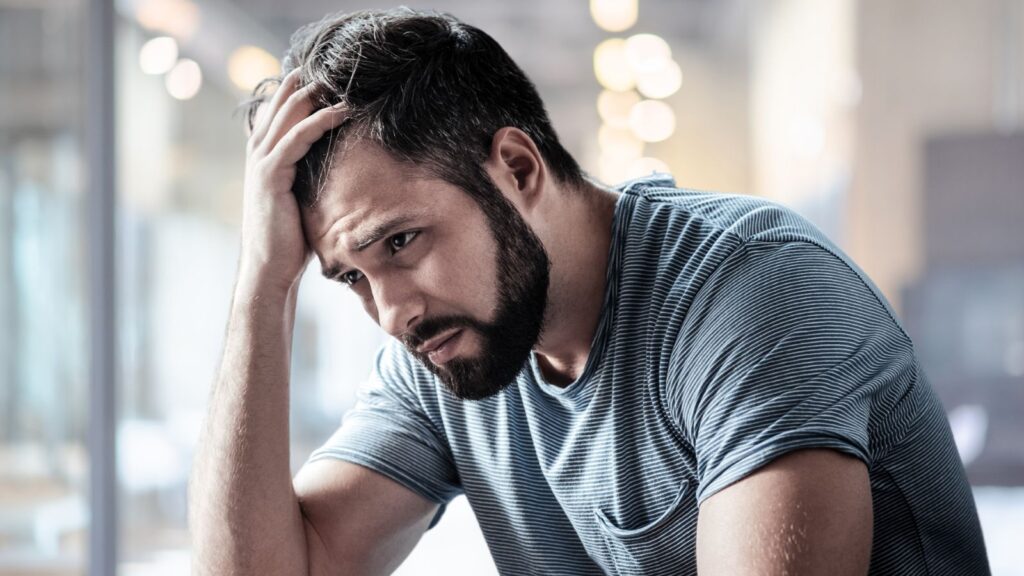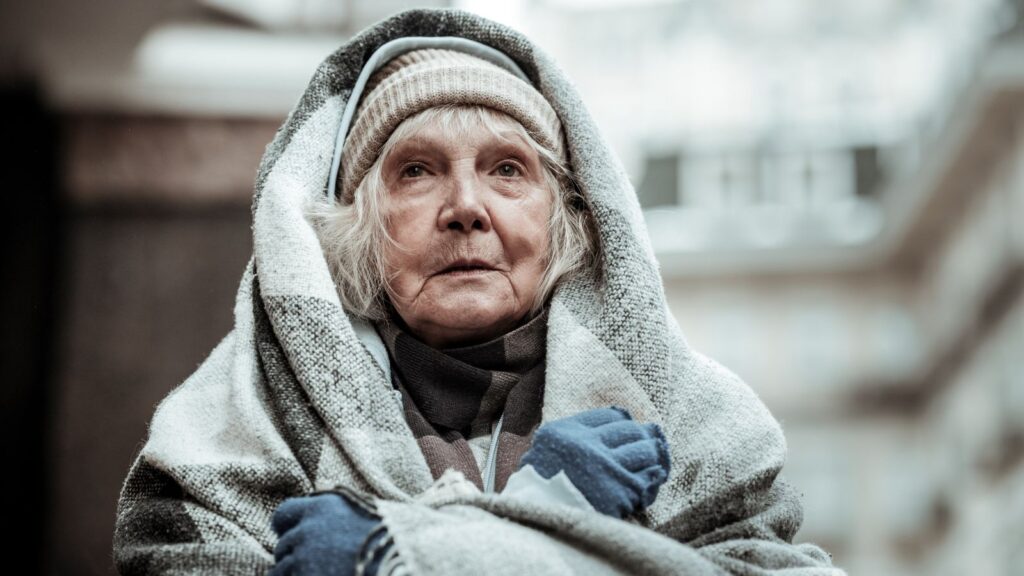While owning a home has always been part of the American dream, it’s becoming more of a nightmare for many people. Let’s look at 18 reasons why homeownership could actually be an awful move. We’re not here to judge, so don’t let these reasons stop you if you’re really keen on this idea. These are just some things you might want to think about first.
Property Taxes
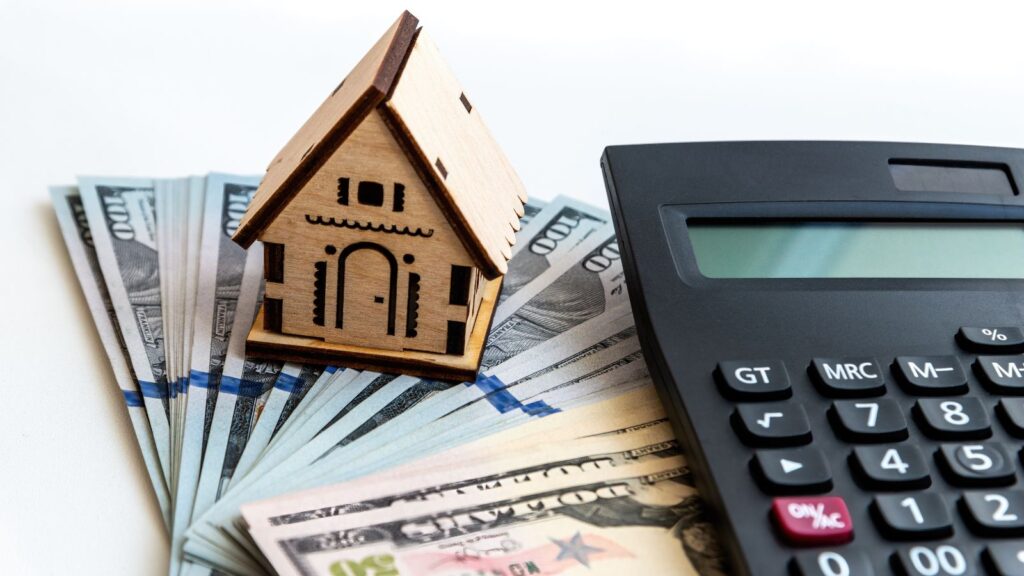
Property taxes are continuing to rise quite a bit, which could have serious consequences. Even after you’ve bought a house, you’ll have to deal with higher ongoing costs every year that make it seem like it’s not worth it. Whenever the local government decides it’s time for a hike, those taxes will go up even higher.
Wrong Prices
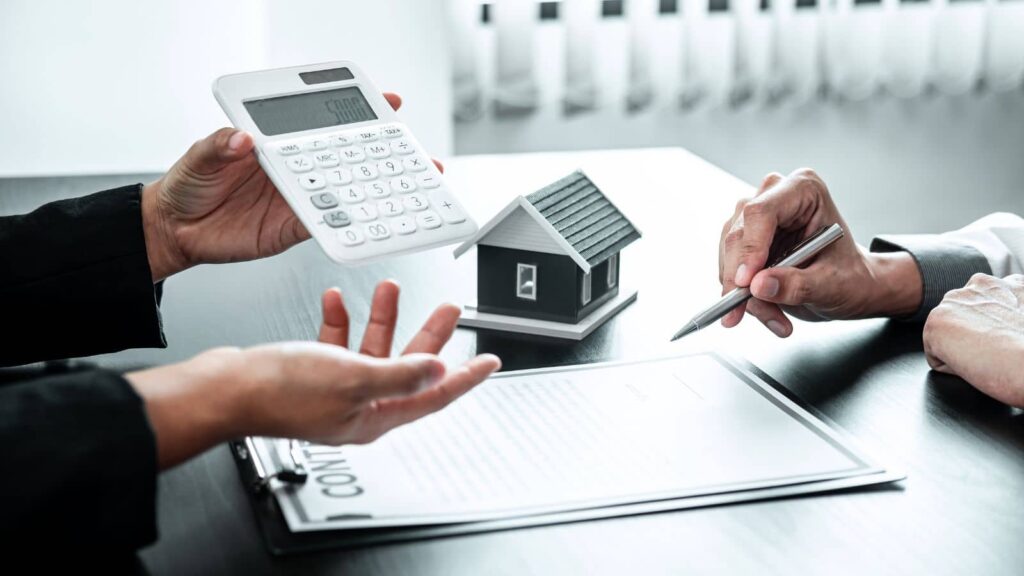
A lot of housing experts have said they believe most homes are pretty overpriced at the moment, and they’re probably right. If you buy during a peak, you might be stuck with a house that’s worth a lot less than if you paid when the market cooled off. That’s just a huge waste of money.
Increasing Interest Rates
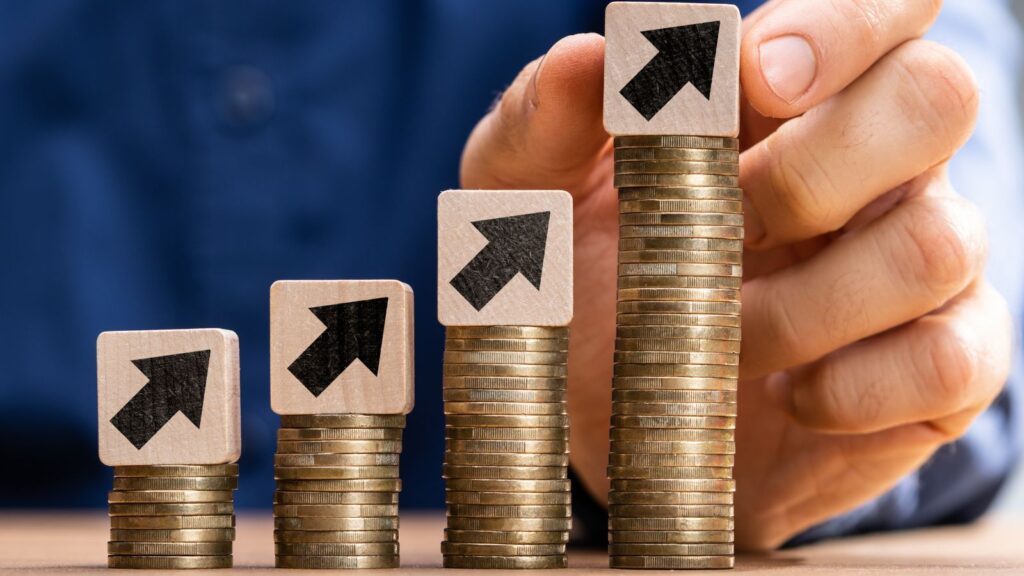
The days when loans were cheap are completely gone now. Interest rates have shot up, which means that if you get a mortgage now, you’ll have to pay way more every month. All that extra interest could add up to a small fortune over the years, which you could’ve invested in something a little more reliable.
Job Market Uncertainty
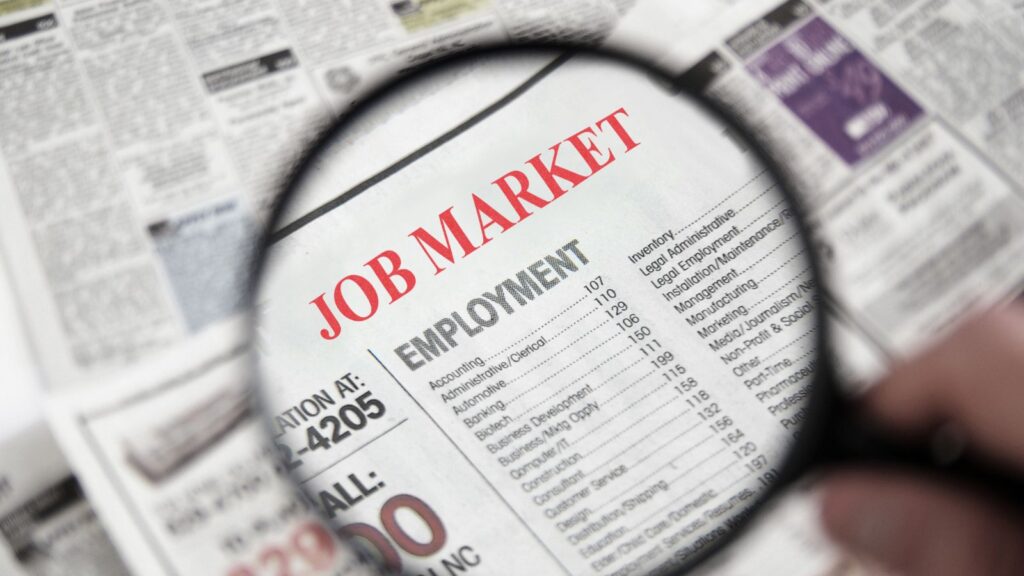
Jobs aren’t as stable as they used to be, which is bad news for anyone who wants to buy a house. You never know when your income could disappear, which could leave you struggling to keep up with mortgage payments. Unless you’re 100% confident in your job and salary, this is a kind of stress that you just don’t need.
Maintenance Costs
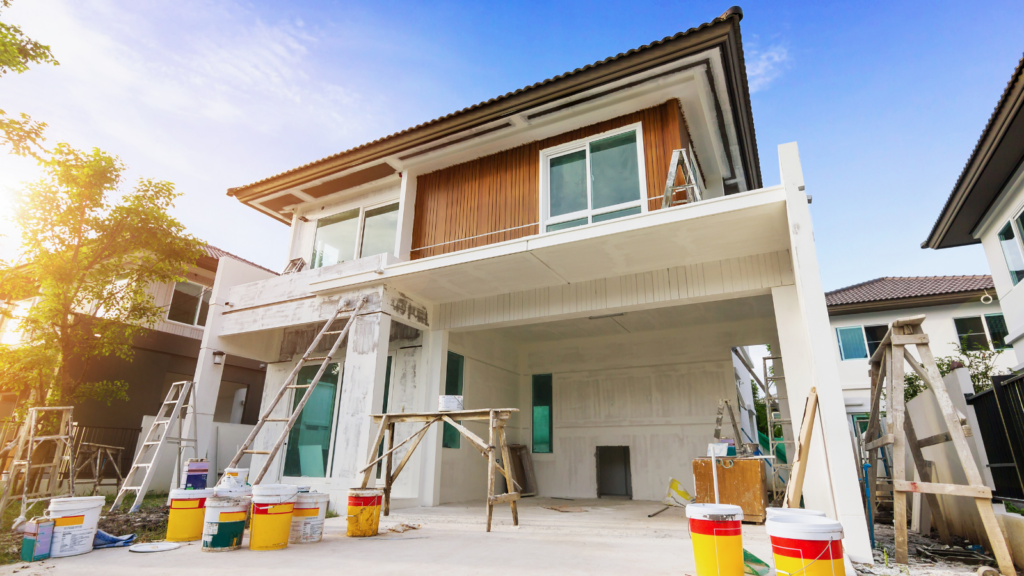
When you buy a home, it’s not just the upfront cost that you’ve got to think about. The cost of repairing and upkeep for your property can drain your savings, especially if it’s an older property. Sometimes, it might be better to avoid the whole thing by renting. At least then, you don’t have to pay for any fixes.
Hidden Costs
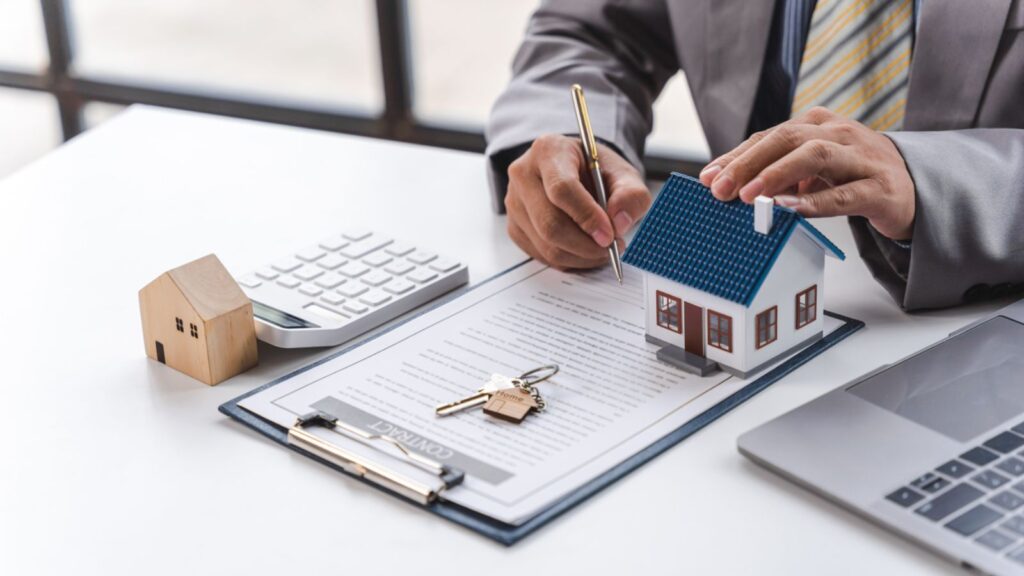
Similarly, there are lots of hidden costs that come from buying a house, which nobody talks about. There are the closing fees and inspection charges, along with a bunch of other expenses, which can make the cost a lot higher than you anticipated. Be prepared to fork out a lot more than just the price of the home.
Insurance Premiums
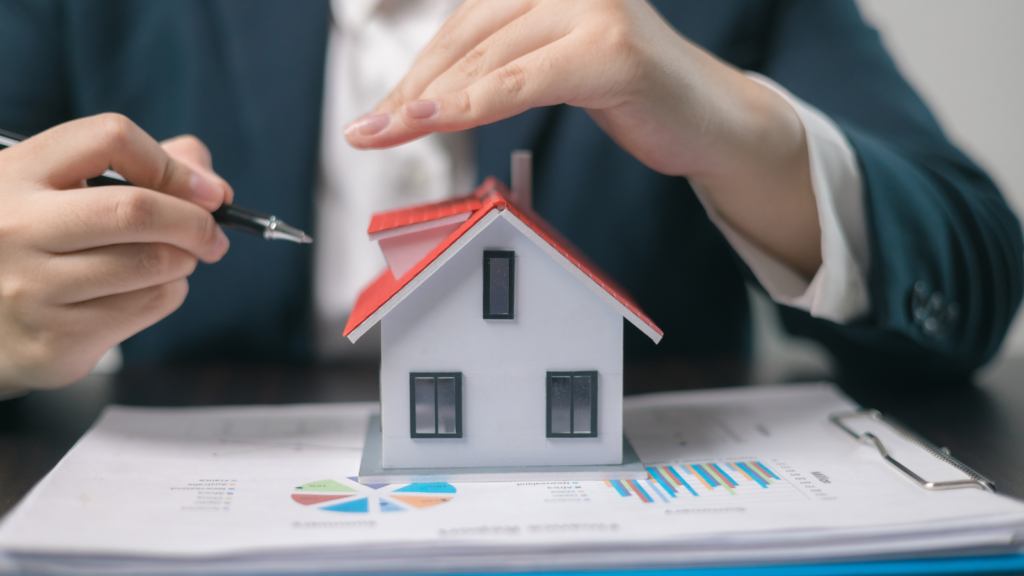
Just like property taxes, homeowners’ insurance costs are on the rise as well. It’s another fee that you’ll have to include in your budget, which makes the cost of owning a home a lot higher than most first-time buyers realize. And with the number of natural disasters increasing, insurers are raising their prices even more to cover any potential claims.
Longer Commutes
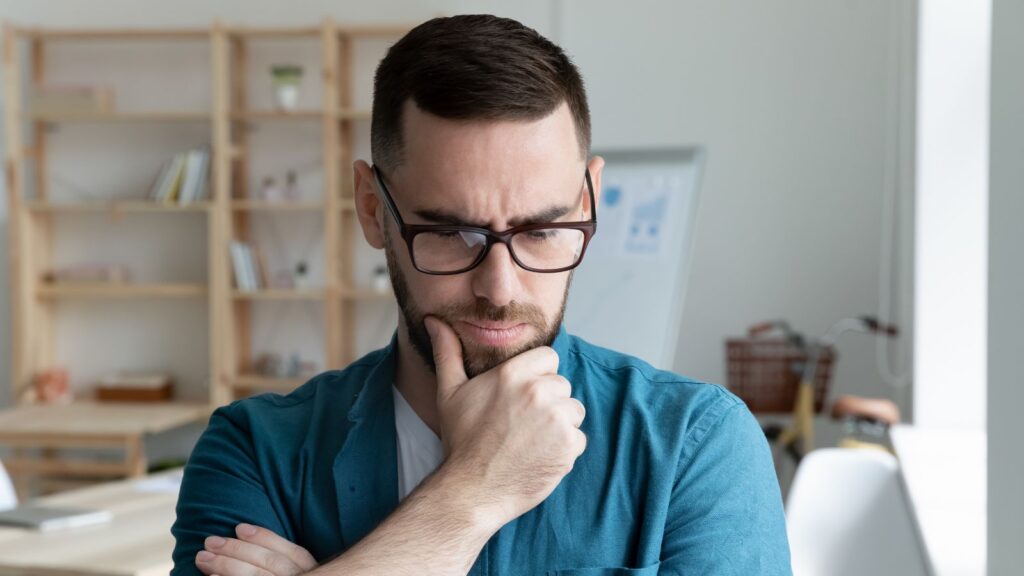
It might be cheaper to live in the suburbs than in the city but just think about the commute to work. It’ll waste a lot of your time and also add to your daily expenses with more gas and more car maintenance. No amount of coffee can buy back all that time and energy you’re losing by being stuck in traffic.
No More Flexibility
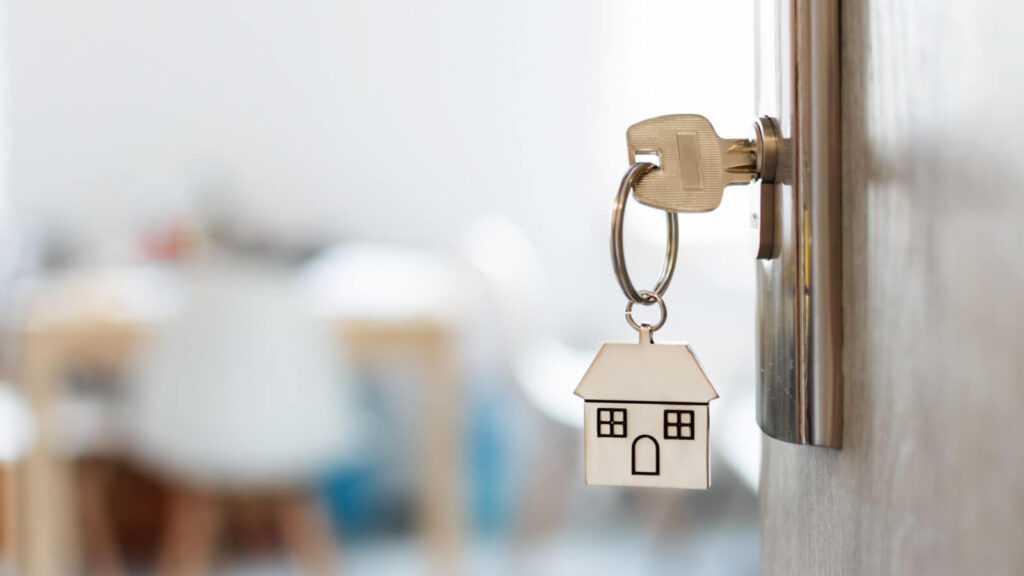
Once you buy a house, that’s it. You can’t just move, even if a new job or change in your life means you need to relocate. Selling your house can be slow and frustrating, so you’re basically stuck until you can find a buyer. You might have to wait for a long time or just settle for less so you can get moving.
Environmental Problems
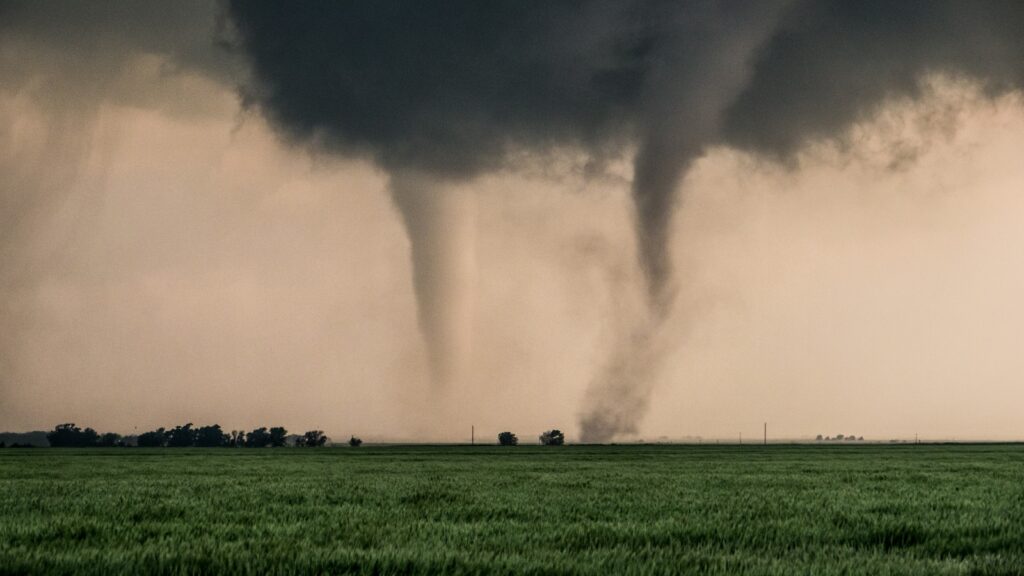
You never know what Mother Nature has in store for you, and that could include natural disasters or wildlife issues. These risks will cause problems for your home and could push you into financial ruin if disaster strikes. Since climate change is making things worse, this gamble of choosing the right place to buy a home is becoming riskier than ever.
Poor Resale
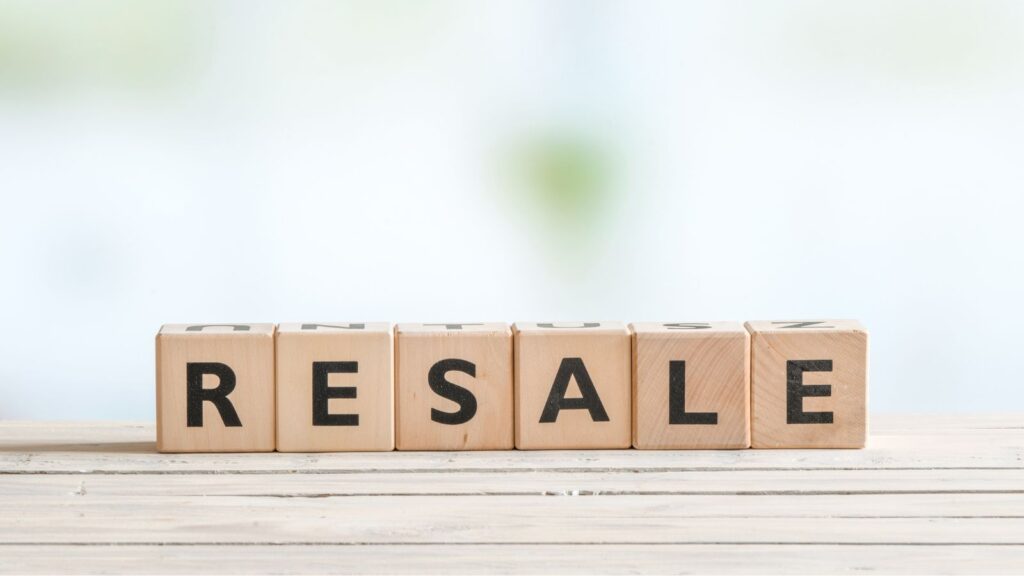
Buying a home in an area that ends up going downhill means kissing goodbye to any hopes of a good resale value. You could end up losing quite a bit of money and also be stuck there for a while. After all, nobody wants to buy a home in an area that’s declining, which could leave you trapped there.
Peer Pressure
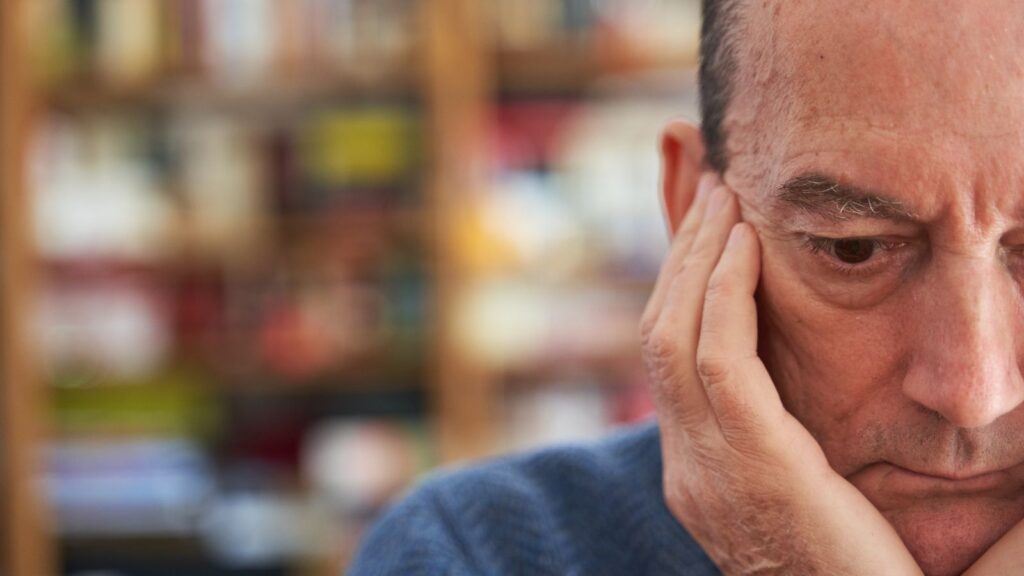
It’s easy to feel like you’re falling behind when your friends or family buy homes. But jumping into a huge investment because of peer pressure is a terrible idea. If you’re not financially or emotionally ready, it could cost you quite a bit, so only do it if it fits with your goals. Buying a home shouldn’t just be the next box to tick.
Complicated Payments
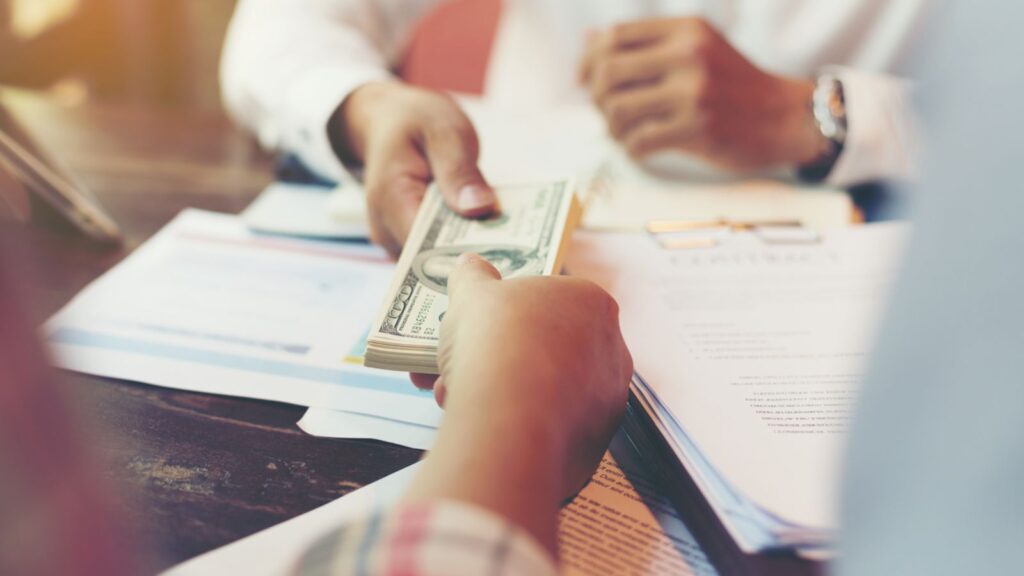
Buying a home involves pages and pages of legal stuff and negotiations, which can be an absolute nightmare. Unless you’re a real estate expert, you could end up in over your head or, worse, getting a bad deal. You’ll need to do your research and get some legal advice, which could make things even more expensive.
Draining Debt
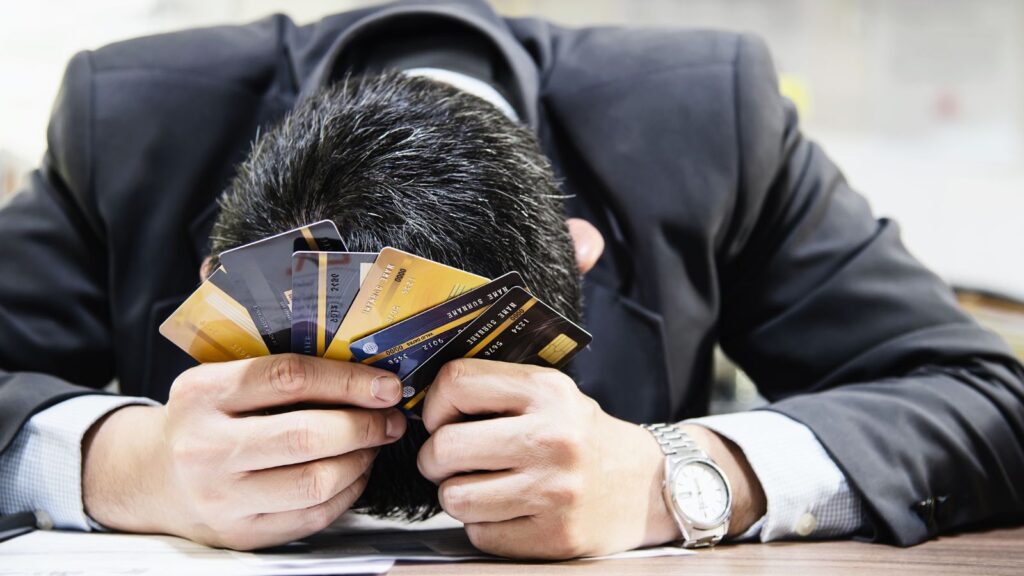
Getting a mortgage means getting debt, and a lot of it. It’ll hang over your head for decades, which can affect your ability to make other investments. Tying yourself down to a mortgage isn’t for everyone because some of us just aren’t comfortable with owing so much money. You need to seriously think about this debt before you even bother looking for a property.
In the Future
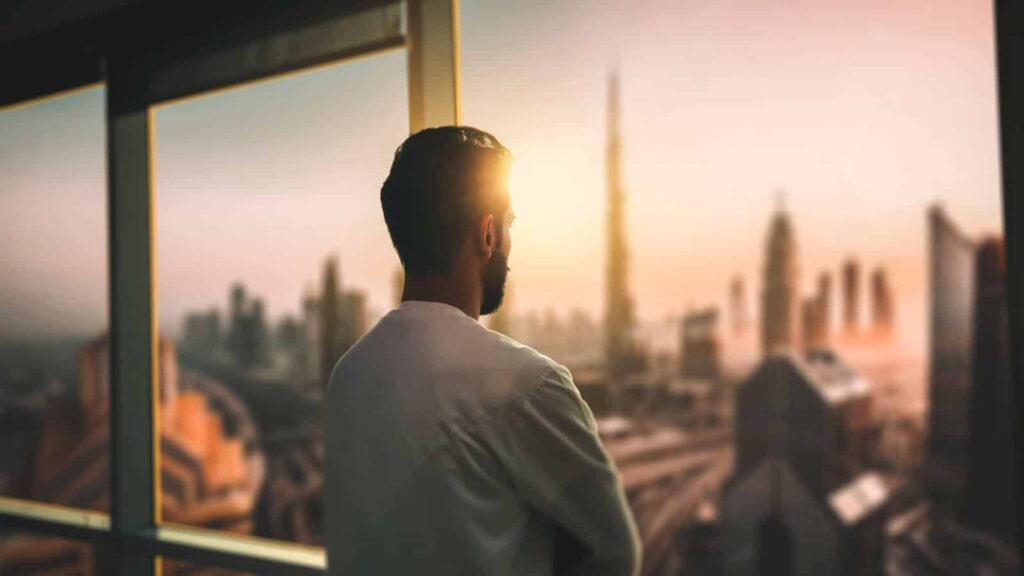
What works for you now might not in five years, as you might need a bigger home or want to downsize. Locking yourself into a home that only works for right now can cause major headaches and extra expenses down the road. Your home should be something that can adapt to fit your life.
Economic Issues
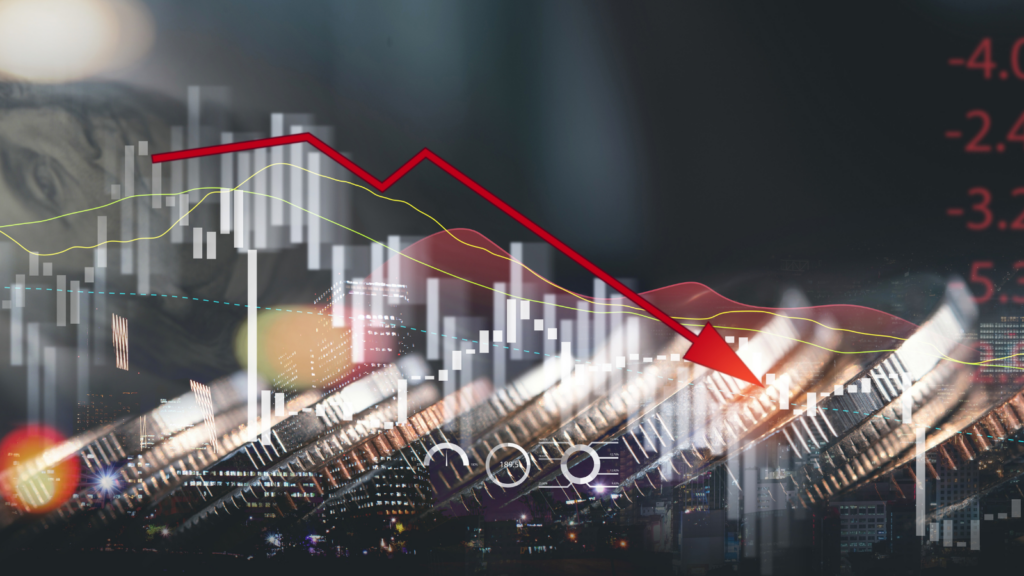
The economy’s not something you can count on, especially with real estate. Buying your house during a low point could mean that your home’s value starts dropping just when you need stability the most. Sticking to renting instead of buying a home might just be a better bet for your finances.
Credit Scores
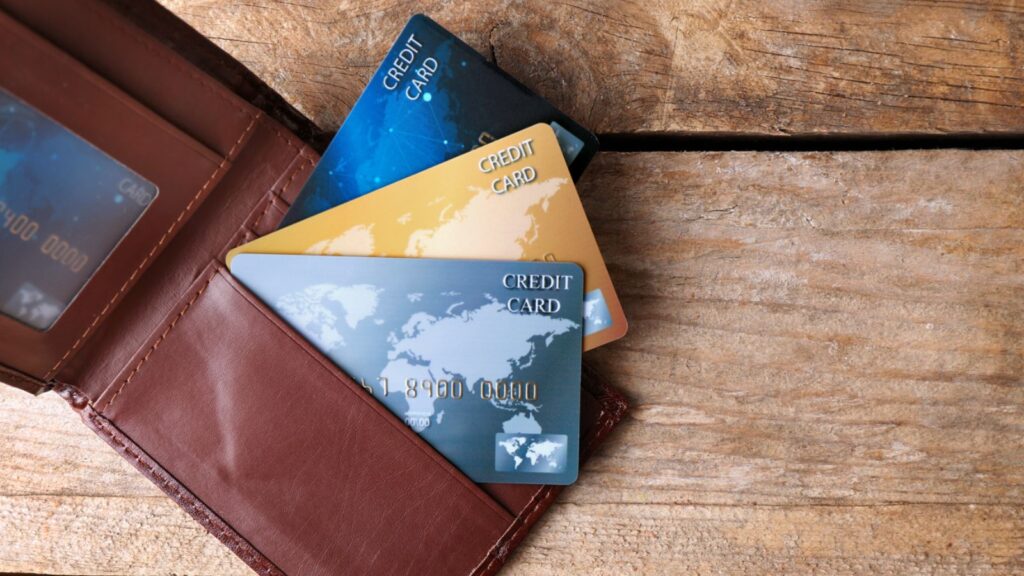
When you take out a mortgage, it’s going to affect your credit score, and this could be even worse if the loan’s a lot bigger than your income. This could stop you from being able to borrow for other things, like a car or even credit cards. Do you really want to sacrifice all that just for a house?
Losing Opportunities
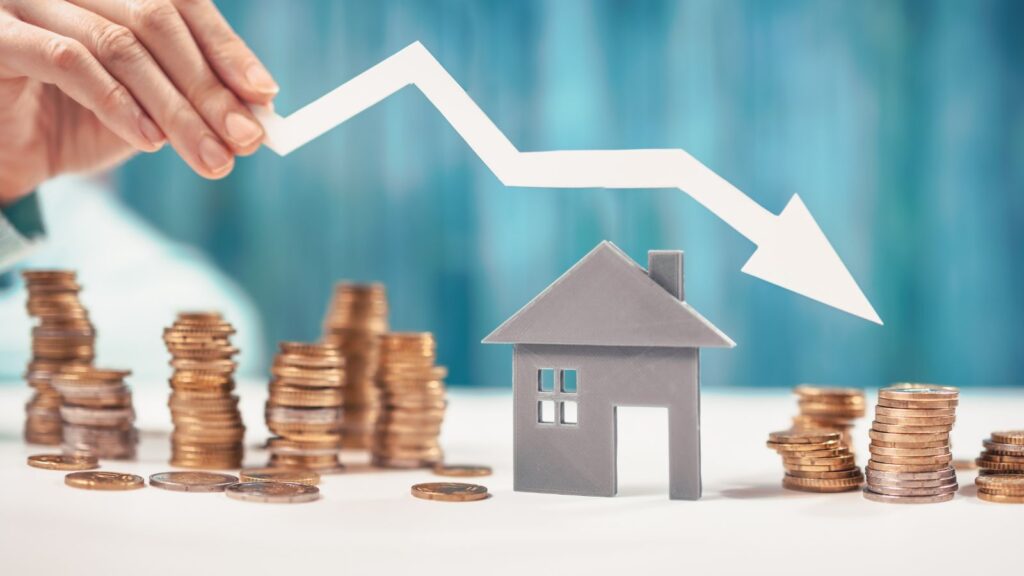
Putting most, if not all, your money into a house could mean you’re missing other investment opportunities. After all, the stock market and other business opportunities could give you better returns on your money. You also can’t use that money for emergencies or any other opportunities because it’s all tied up.
19 Grim Realities of Dating After 50 That Are Often Overlooked

19 Grim Realities of Dating After 50 That Are Often Overlooked
26 Things That Will Be Extinct Because Millennials Refuse to Buy Them

26 Things That Will Be Extinct Because Millennials Refuse to Buy Them
24 Outdated Slang Terms You Absolutely Shouldn’t Be Using Anymore

24 Outdated Slang Terms You Absolutely Shouldn’t Be Using Anymore
25 Hardest Parts About Getting Older That No One Ever Talks About

25 Hardest Parts About Getting Older That No One Ever Talks About

